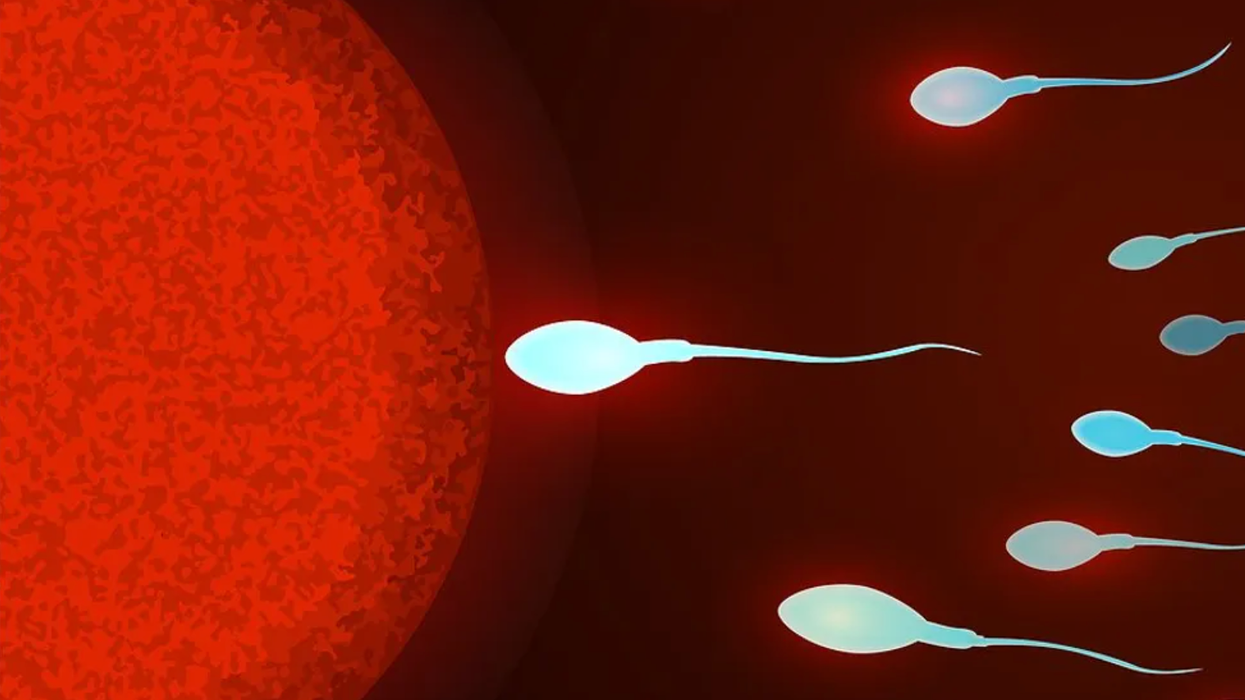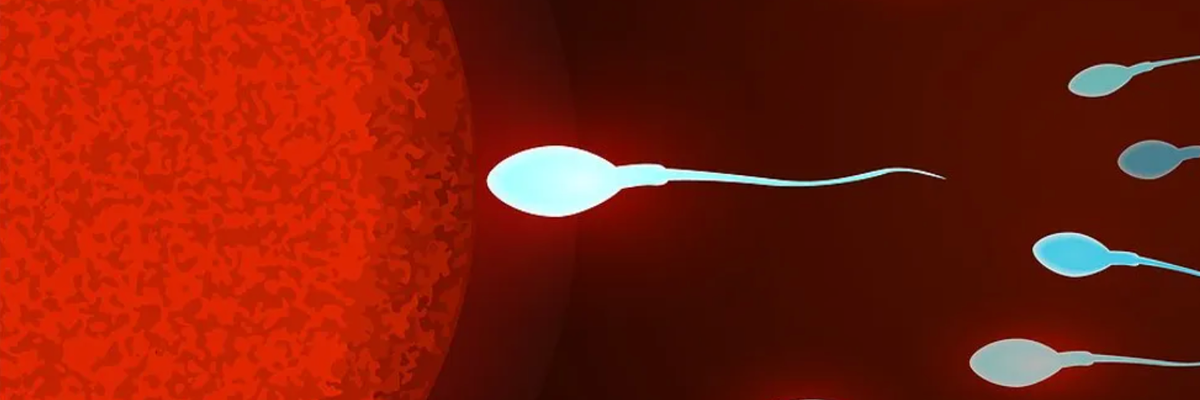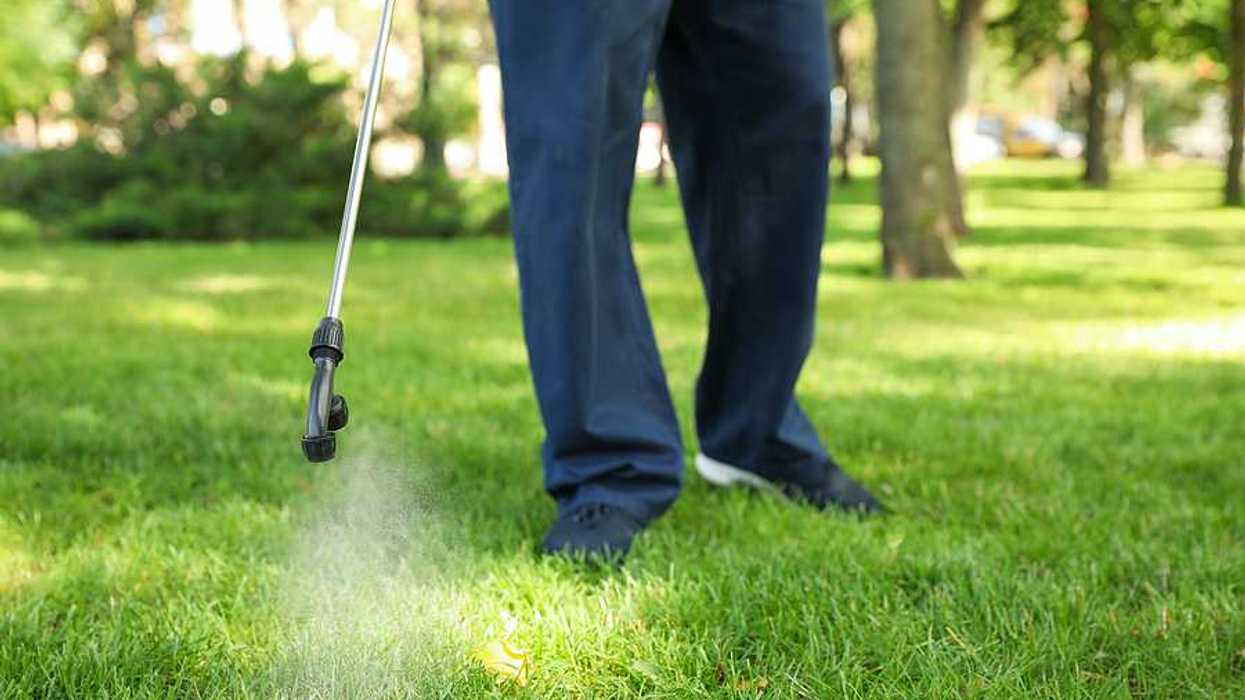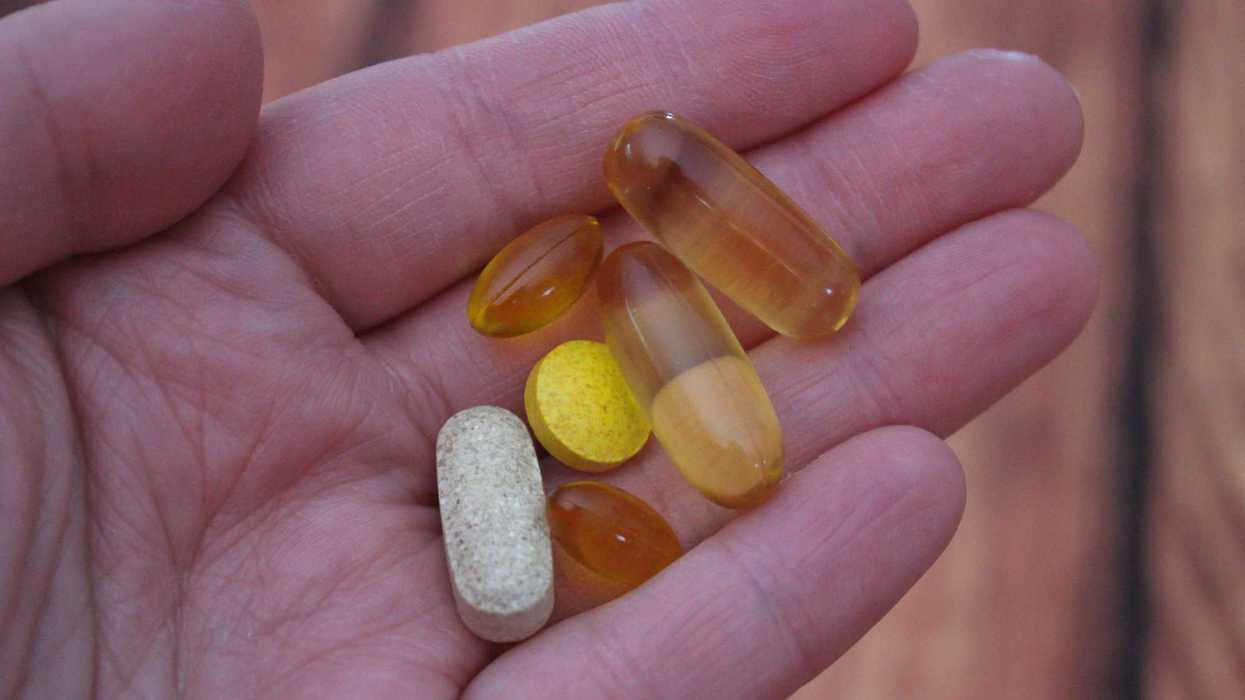Electromagnetic field (EMF) radiation from cell phones and wireless devices can damage sperm quality and testicular tissue in animal studies, according to a recent scientific review published in Frontiers in Reproductive Health.
In short:
- Rats, mice and rabbits exposed to cell phone radiation exhibited lower sperm count, lower motility and impaired viability.
- Studies also found decreased testosterone and changes in testicular tissue, such as impacts to the seminiferous tubule where sperm is produced.
- Exposure was found to increase oxidative stress, which impaired cellular function and disrupted healthy sperm production.
Key quote:
“As a precaution, preventive measures are recommended to minimize potential risks from mobile phone exposure, and further research is needed to fully understand its effects on human reproductive health.”
Why this matters:
Fertility rates are declining worldwide, with infertility affecting 15% of couples globally. Scientists attribute this trend to environmental hazards such as endocrine-disrupting chemicals, climate change, microplastic pollution, and EMF radiation. Everyday wireless device habits - like carrying cell phones in pockets or using laptops on laps - can result in significant EMF exposure to reproductive organs. While medical experts recommend reducing exposure, the public is largely unaware. U.S. regulatory limits are outdated and ignore EMF’s reproductive impacts, despite a 2021 federal court order mandating a review of such risks.
Related EHN coverage:
- 6G radiation impacts male rat fertility rates, new study finds
- Radiation from wireless devices disrupts testicular function in rats
More resources:
- WATCH: Science on the health risks of wireless radiation by Dr. Linda Birnbaum, former Director of the National Institutes of Environmental Health Sciences
- Sperm counts are down worldwide and researchers are discovering why ›
- A new analysis shows a “crisis” of male reproductive health ›
- Microplastic exposure linked to reduced sperm quality in humans ›
- How pollution is causing a male fertility crisis ›
- Study finds long-term cell phone use impacts a salivary gland - EHN ›
- Cell phone radiation impacts hormone levels and ovary development in rats - EHN ›

















